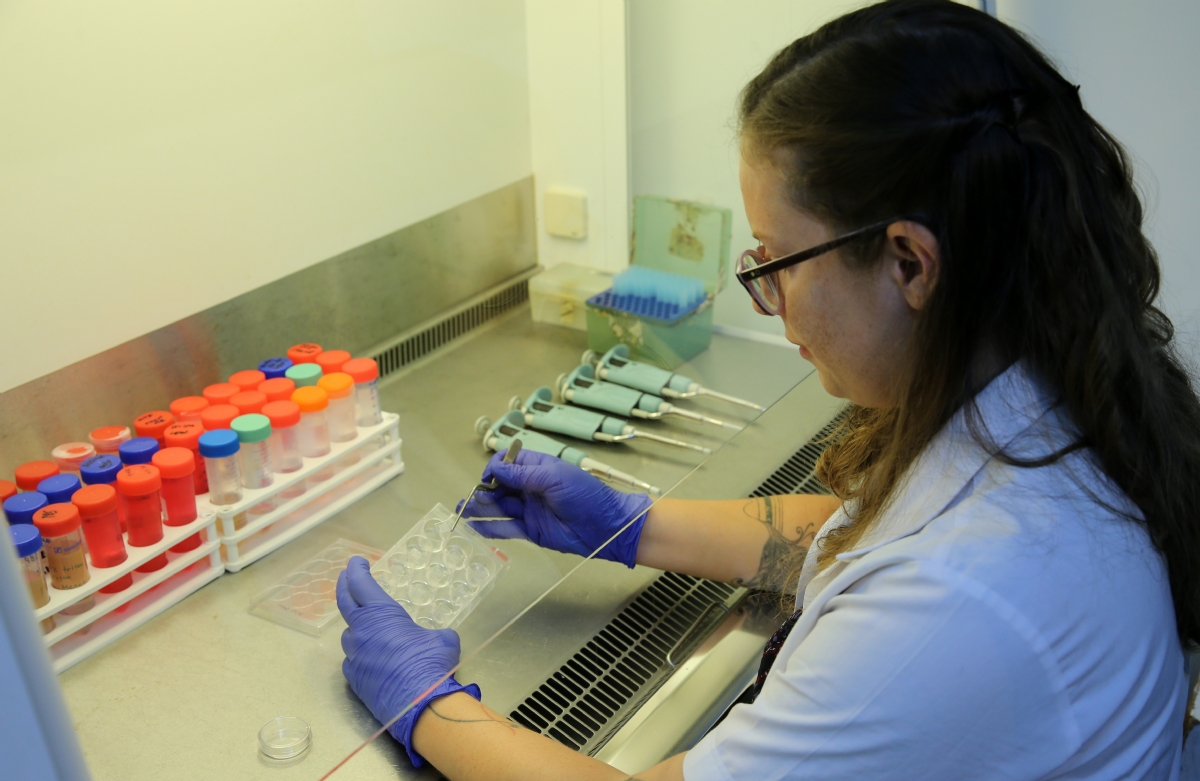Campus 3

Prof. Dr. Vasıf Hasırcı, the founder of METU Center of Excellence in Biomaterials and Tissue Engineering, and his Ph.D. student, Dr. Menekşe Ermiş Şen, developed a chip technology that determines cancer cells in a very short time from body liquids such as saliva, blood, sputum and urine. The study, where it is discovered that cancer cells are deformed to a great extend when they are placed on a micro and nano-patterned plastic surfaces and their patterns are altered, is ready to leave the diagnostic systems like biopsy behind as it is more affordable and yields faster results.
In a statement by Prof. Dr. Hasırcı about their project on the cancer chip, he said they received a prepatent from Stanford University as well as in their joint studies with Prof. Dr. Utkan Demirci, thesis advisor of Dr. Menekşe Ermiş Şen, and they are about to complete a detailed international patent application through ODTÜ Teknokent.
Underlying that they are planning to test the system with patient samples following the completed laboratory studies, Dr. Hasırcı reported, "These surfaces can actually be produced at a very affordable price and access to patients would not be costly. Our goal is to be able to pre-diagnose cancer directly through an automated analysis system by loading body fluid into the chip system. After this stage, we are planning to refer the patient who has been pre-diagnosed to a hospital for more detailed examination. All the methods up to now are based on a chemical detection method. In the current methods, the cells taken from the saliva are reacted with another chemical. In our method, no chemicals are used; we determine whether the cells are cancerous or not by looking at only the physical properties of the cells, imaging the forms of cells on the patterns and calculating using our algorithm."
Dr. Hasırcı stated that the cost of the chip they develop is quite low, while the shelf life is much longer than other chemical methods.
Prof. Dr. Vasıf Hasırcı added that they started to work on cancer identification chip primarily with bone tumors and they worked on breast cancer cells and compared the cells from healthy tissues with the cells from different types of cancer.

